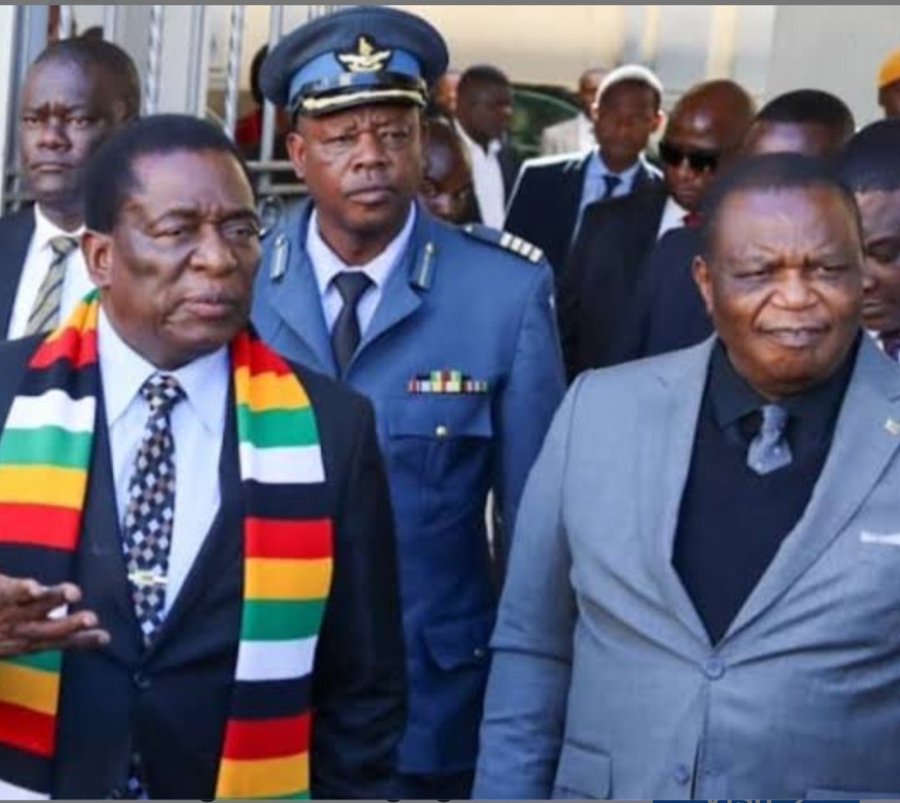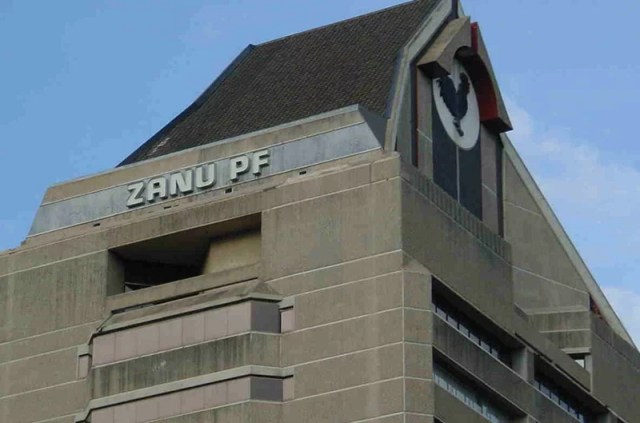MNANGAGWA’S CONTROVERSIAL APPOINTMENT RAISES QUESTIONS ABOUT ZIMBABWE’S FUTURE

In a surprising move, President Emmerson Mnangagwa has appointed General Phillip Valerio Sibanda, the commander of the Zimbabwe Defence Forces, as an ex-officio member of the Zanu PF politburo. This decision has shocked many people and raised concerns about the growing influence of the military in Zimbabwe’s politics. General Sibanda, also known as “Cde Gwenzi” during the liberation struggle, now holds a key political role that many believe is part of Mnangagwa’s efforts to strengthen his power and “coup-proof” his government.
The appointment of General Sibanda has drawn attention because it seems to go against the Zimbabwean Constitution. The constitution clearly states that the Defence Forces should remain neutral and should not be involved in politics. Section 211 of the constitution says that the military must be “non-partisan” and professional, following civilian authority. Putting a top military figure like General Sibanda into a political role seems to break this rule and blurs the line between the military and politics.
This move is seen as part of a broader strategy to increase the military’s control over the government, a trend that has been growing in Zimbabwe since the 2017 coup that removed former president Robert Mugabe. In that coup, the military played a key role, and it has remained heavily involved in politics ever since. This blending of military and political power is worrying many Zimbabweans, who fear it could lead to more authoritarian rule.
General Sibanda’s appointment came as a surprise during Zanu PF’s annual conference in Gweru. President Mnangagwa made the announcement while also addressing other matters, including the recent loss of a senior party member, Cde Joshua Teke Malinga, and the appointment of Cde Rose Mpofu as the new Secretary for People with Disabilities. However, the appointment of Sibanda overshadowed other announcements as it symbolized the increasing militarization of Zimbabwe’s political system.
The political atmosphere in Zimbabwe has also been shaped by the recent promotion of Lieutenant-General Anselem Nhamo Sanyatwe to commander of the Zimbabwe National Army. Sanyatwe is known for his role in the 2017 coup and is close to Vice-President Constantino Chiwenga. There are reports that President Mnangagwa does not fully trust Sanyatwe, and this has added to the tensions within Zimbabwe’s military and political leadership. Many believe that Mnangagwa is trying to strengthen his control over both the military and the government by making these appointments.
However, this strategy could have serious consequences for Zimbabwe’s future. By bringing more military figures into political positions, Mnangagwa risks turning Zimbabwe into a more authoritarian state. Political analysts and constitutional experts are worried that this could damage Zimbabwe’s democratic system and lead to a concentration of power in the hands of a few people. The separation between the military and the government is a key part of any democracy, and breaking this separation could lead to more repression and less freedom for the people of Zimbabwe.
The appointment of General Sibanda also highlights the tension between the military and civilian rule in Zimbabwe. While the military played a key role in ending Mugabe’s rule, its continued involvement in politics threatens to undermine the democratic principles that Zimbabwe needs to move forward. As the country prepares for future elections, the growing influence of the military will be closely watched by both Zimbabweans and international observers.
In conclusion, President Mnangagwa’s appointment of General Sibanda as a member of the Zanu PF politburo is a bold move that raises important questions about the future of Zimbabwe. By mixing military and political power, Mnangagwa is taking the country into uncertain territory, where the balance between democracy and authoritarianism is at risk. Zimbabwe’s political future remains uncertain, and many fear that this could be the beginning of a more repressive government that undermines the freedoms and rights of its citizens.

